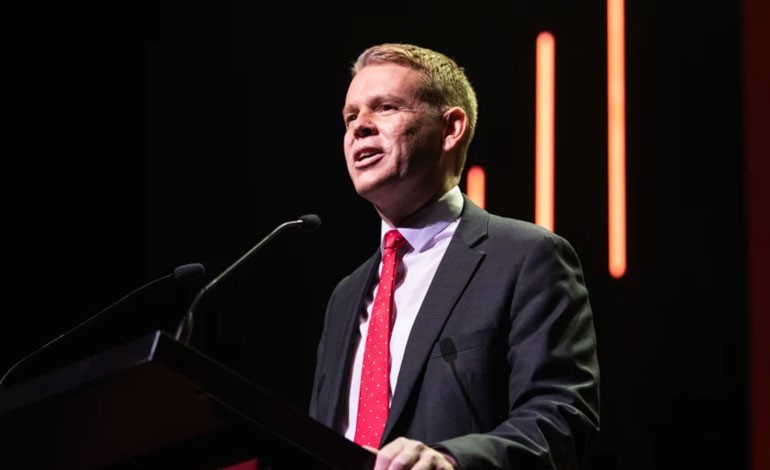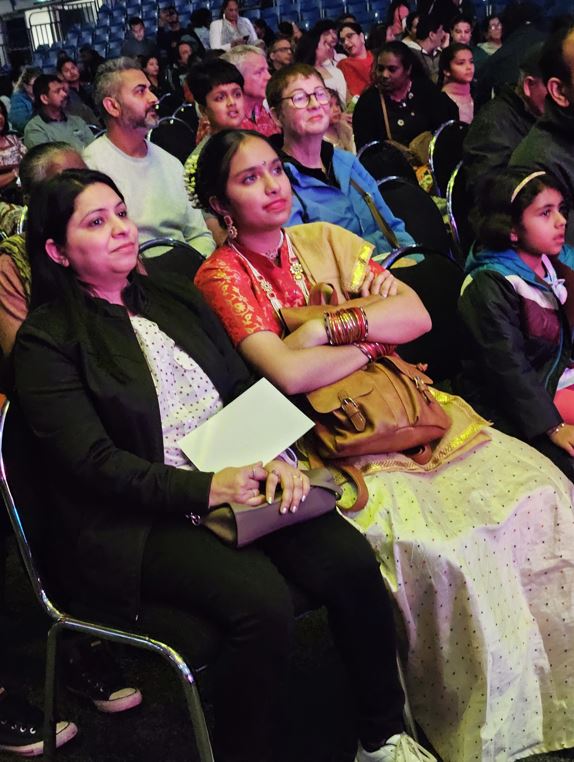The Asian population now accounts for a third of Auckland’s total population, yet Asians remain a significantly underrepresented ethnic group across public sector roles.
The recent “Ethnic Evidence Report” released by the Ministry for Ethnic Communities revealed insights into the Asian population and their attitude towards a set of key issues. The report covered topics from employment to income, health and well-being, education, housing, engagement and voice.
Former Minister of Ethnic Communities, Melissa Lee, said the report is important for shedding light on the issues facing New Zealand’s rapidly growing ethnic communities.
“Too often and for too long, ethnic communities have largely been invisible in public sector data. As a result, their voices have not always been heard in government decision-making and service delivery.
“New Zealand continues to grow more diverse – the latest census showed that nearly a third of people in New Zealand were born overseas. While the diversity of our population has been increasing, this has not always been reflected in the available data, especially at a level that dives deeper into individual ethnicities,” says Ms Lee.
Data revealed that Asian public board representation increased from 3.6% to 6.1% between 2019 and 2023. However, this heavily underrepresents the 1 million Asian Kiwis in the country.
Similarly, only 12% of 2022 Auckland Council candidates identified as Asian, while Asians comprised 29% of the Auckland population.
The trend can be partly attributed to the relatively low voter turnout among Asian communities. In 2021, 83.6% of the total population had voted at the previous general election to determine Members of Parliament at a national level. Whereas Asian people reported only a 68% voter turnout. Migrants who have been in the country for less than five years had an even lower voter turnout, only 54%.
So, with the lack of representation in government roles and low voter turnout, are the concerns of Asian people in New Zealand being listened to?

“I think we need to do a better job of engaging with our ethnic communities and listening to the concerns that they are raising,” explains Labour Party leader Chris Hipkins in an exclusive interview with Filipino News.
“We need to do a better job to make sure we are finding ways to include them in every aspect of government decision-making and every aspect of New Zealand life.”
Hipkins explained his vision for New Zealand is a country that is “welcoming of migrants” and “supports migrants to settle in New Zealand and feel safe, welcome and included.”
“I’ve been meeting regularly with representatives from across a broad spectrum of our migrant and ethnic communities. And we know from the feedback we’ve had from our migrant communities and our ethnic communities that we’ve got a wee way to go to realise that [to realise his vision for New Zealand].”
Despite underrepresentation in decision-making roles, Asian people have higher levels of trust in government and government institutions than other ethnic groups.When respondents of the Ethnic Evidence Report were asked whether they agreed with the statement ‘The average citizen can have influence on government decisions,’ just over 40% of Asian people said they ranked the proposition between 7 and 10, where 10 was complete agreement.
The findings of the Ethnic Evidence Report underline a paradox: while Asian communities in New Zealand express relatively high trust in government institutions, their voices remain underrepresented in public decision-making. This discrepancy is rooted in low voter turnout and limited representation in public sector roles.




